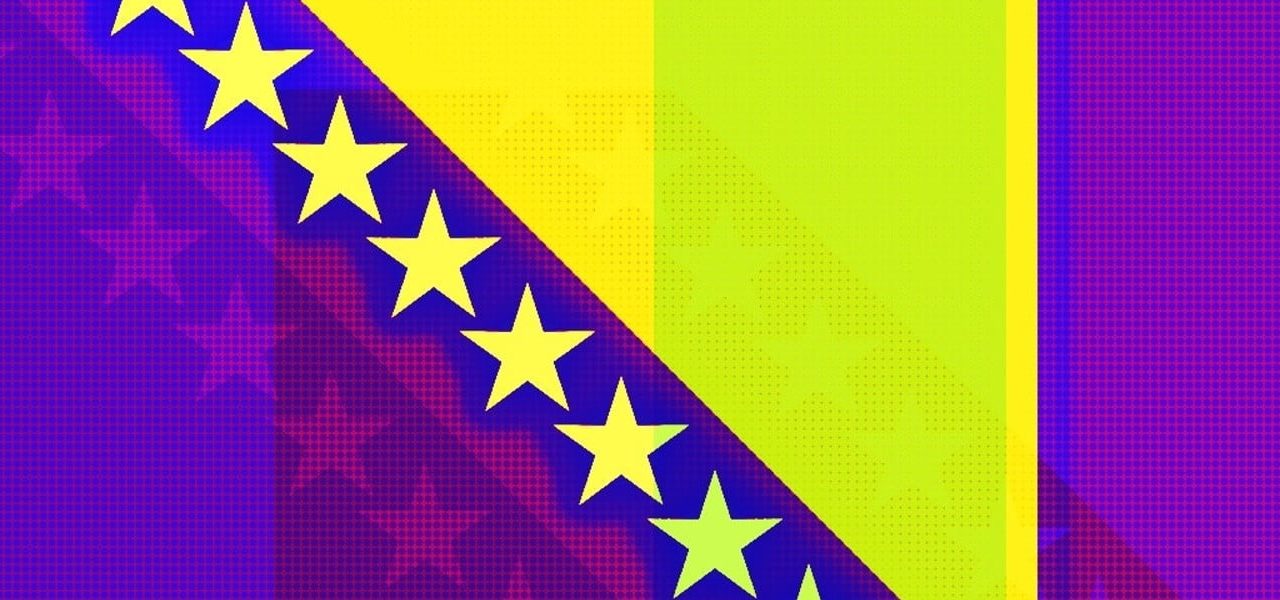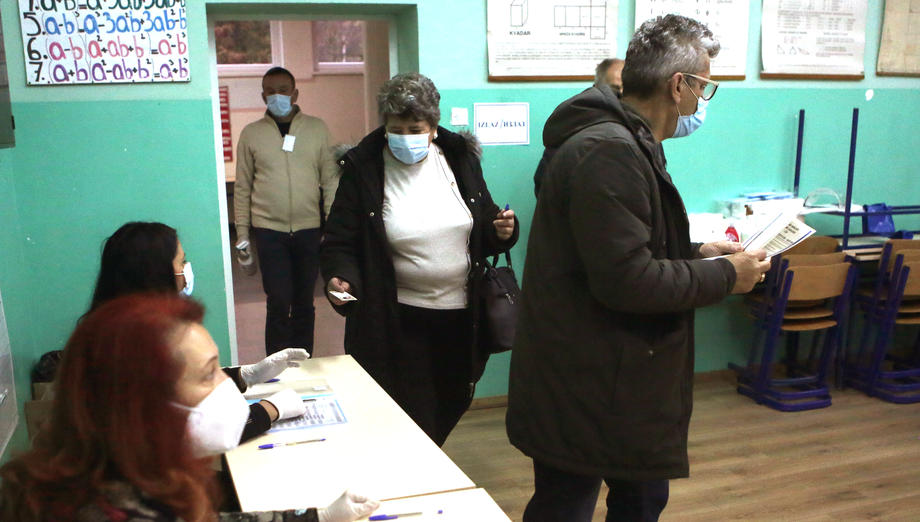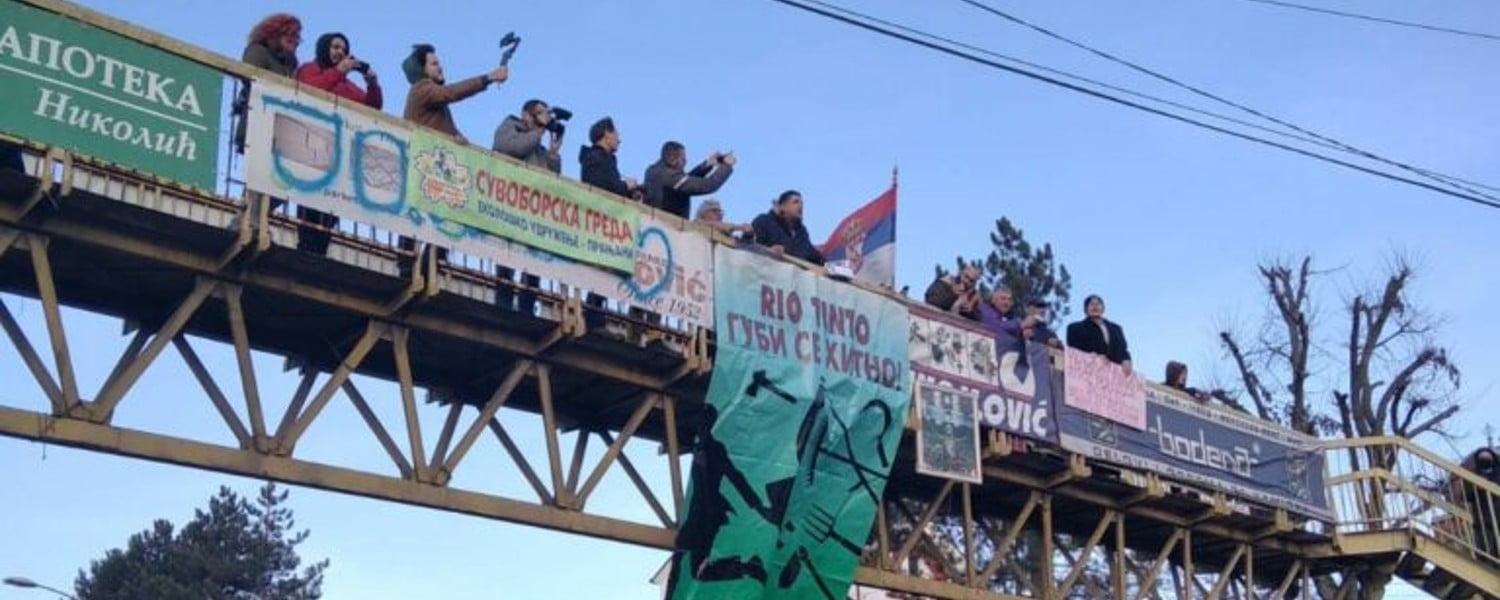The problems that are now emerging from beneath the tablecloth were created more than 15 years ago when the United States accepted Bosnia and Herzegovina’s official bid to join NATO. This must appear strange given that Bosnia and Herzegovina is a very small territory in Europe’s south-east, and thus nowhere near the North Atlantic. Nonetheless, NATO has accepted many countries that are far from the Atlantic Ocean’s shores into its ranks in recent decades.
However, before anything is decided about Bosnia and Herzegovina’s potential NATO membership, the state itself may be over; at least in its current format. The coexistence of Serbs, Croats, and Bosniaks in Bosnia and Herzegovina, a country formed in the aftermath of Yugoslavia’s civil war in the 1990s, has always been as peaceful as it has been synthetic. The birth was given to that state by the Dayton Accords. The name is derived from Dayton, Ohio, which is home to Wright-Patterson Air Force Base. On November 21, 1995, the parties to the Yugoslav conflict reached an agreement, effectively ending the bloody civil war that erupted after Germany and Austria persuaded Slovenia and Croatia to secede. The agreement was formally signed on December 14, 1995, in Paris. Since then, Bosnia and Herzegovina has been governed by a tripartite presidency comprised of representatives from the country’s Bosnian, Croat, and Serb communities.
Since 1995, this coalition government has been overseen by the Office of the High Representative for Bosnia and Herzegovina (OHR), which was established to protect BiH’s sovereignty and territorial integrity by exercising oversight over governmental functions such as the military, judiciary, tax and customs collection, and intelligence services, which are normally the exclusive domain of a sovereign state. So far, all of the High Representatives named have been from European Union countries, while their principal deputies have been from the United States.
The announcement by Milorad Dodik, the Serbian representative of the tripartite presidency, that he intended to withdraw the Serbs from the joint Bosnian-Herzegovinian army on October 29, 2021, shook this fragile coalition and the peace it oversees. To many, this will appear to be a rather bureaucratic announcement, but to those who are more familiar with the region’s recent history, this must have caused quite a stir. It entails nothing less than the reconstitution of the Bosnian Serb Army, which was found guilty of genocide during the civil war 14 years ago by the International Court of Justice.
Dodik has promised to implement more than 100 proposed laws by the end of November 2021, under which the Serb entity within the Federation of Bosnia and Herzegovina, of which he is president, would withdraw from Bosnia’s central government and establish its own parallel institutions. Dodik has so far failed to put his proposals into action, which would have meant the end of the Dayton-Accords-based order.
Although Dodik has previously threatened such actions, his declaration was taken seriously this time. Although he cited the OHP’s July legal ban on genocide denial as the reason for this year’s saber-rattling, it is widely interpreted as a smokescreen for presenting it to the public as yet another outburst of Serbian nationalism. Meanwhile, the real reason is embedded in the ongoing game between Russia and the United States, with BiH’s application to join NATO opening one of the front lines of this conflict.
Bosnia and Herzegovina joined the Partnership for Peace program in 2006, beginning the first stage of a multi-stage process that will culminate in full NATO membership. Four years later, NATO established the Membership Action Plan (MAP), a formal mechanism for member states to consider candidate country applications. The transfer of 63 military installations on Bosnian-Herzegovinian territory to full federal control was one of the conditions of the Bosnian-Herzegovinian MAP. Republika Srpska, on the other hand, has so far refused to hand over 23 facilities located on its territory. Despite this, NATO approved the MAP, clearly violating its own provisions. However, Dodik has so far used his veto power to postpone its implementation. His threat to withdraw Serbian soldiers from Bosnia and Herzegovina’s federal military is yet another ploy to keep the country from joining NATO.
Dodik is not a seasoned politician, but he is also not the haphazard shouter portrayed in mainstream European and global media. His actions should be viewed as part of a larger political strategy backed by both Serbia and Russia and not his individual phantasy. Both of these states, and this is difficult to deny if one has even a cursory understanding of the Balkan states’ recent history, regard the Dayton Accords as imposed and unjust, and the High Representative as a viceroy for the West. Of course, both Russia and Serbia regard BiH’s NATO membership as unacceptable.
In July, following the ban on genocide denial imposed by Valentin Inzko, the Austrian diplomat who served as High Representative at the time, Russia, with the support of China, proposed to the UN Security Council a resolution stripping the OHR of its oversight powers. Despite the fact that this proposal was rejected, Russia and China were successful in having all references to the OHR removed from a resolution that extended the stationing of UN troops on Bosnian territory in early November. While this move had no effect on the prerogatives of this office, it did create a convenient situation for Russia. Its UN (and other) representatives began referring to Christian Schmidt, the German diplomat who replaced Inzko, as a ‘private person.’ Even in the case of the OHR report on the situation in Bosnia, which was distributed to Security Council members.
Dodik’s goal of effectively making the OHR irrelevant and removing the European judges who currently preside over the Bosnian Constitutional Court is furthered by his strategy of ostentatiously disavowing the institution. However, on a marko scale, something else is more important. Dodik has stated unequivocally that his goal is not to restart the civil war; rather, he, like Russia and Serbia, wishes to prevent BiH from joining NATO, thereby strengthening the two countries’ roles as Balkan and, to a lesser extent, European players. Furthermore, this is to take place over the dead body of an agreement that has long been regarded as a watershed diplomatic achievement by the United States.
Dodik has finally proposed a compromise in which he will pledge to stop insisting on carrying out his threats in exchange for a full repeal of what he calls the Inzko Law on genocide denial, or an amendment to the Inzko Law that would cover the torture and mass murder of Serbs at the Jasenovac concentration camp during World War II. If this is implemented, it will result in a further, possibly final, deterioration of OHR status. The Russian-Serbian intention to abolish the OHR entirely is becoming a more real possibility, effectively blocking Bosnia and Herzegovina’s application to join NATO.
Milorad Dodik can be evaluated in a variety of ways, and it is not always clear which of his comments are genuine expressions of his views and which are a game. Dodik is a member of the Union of Independent Social Democrats (SNSD), which was founded in 1996. In the 1990s, the West regarded this organization as acceptable, especially in comparison to Radovan Karadzic’s, a convicted war criminal, Serbian Democratic Party. However, this spell was quickly broken when it became clear that Dodik and other SNSD politicians did not accept the status quo and opposed the Euro-Atlantic orientation enforced by the EU and the US. The party has now been branded ‘Russophile’ which in today’s reality means that the West has completely dismissed it.
The Barricade is an independent platform, which is supported financially by its readers. If you have enjoyed reading this article, support The Barricade’s existence! See how you can help – here!
Also, you can subscribe to our Patreon page. The Barricade also has a booming Telegram channel, a Twitter account and a YouTube channel, where all the podcasts are hosted. It can also be followed in Rumble, Spotify, SoundCloud and Instagram.










